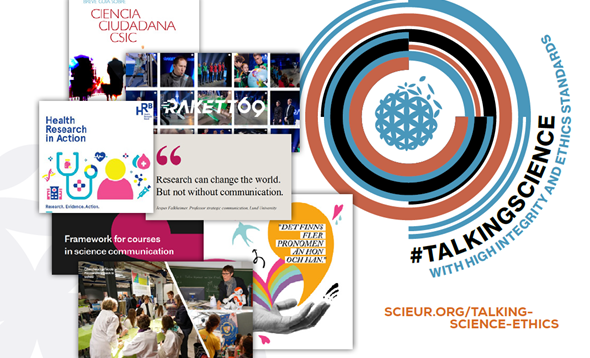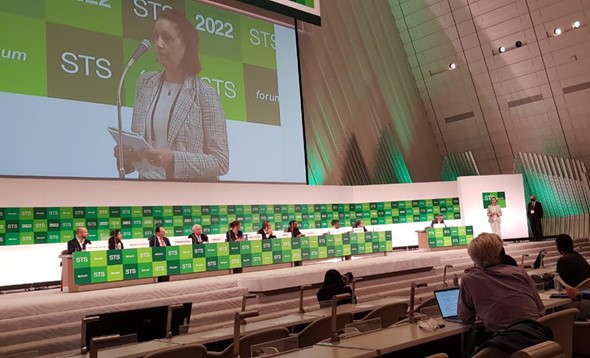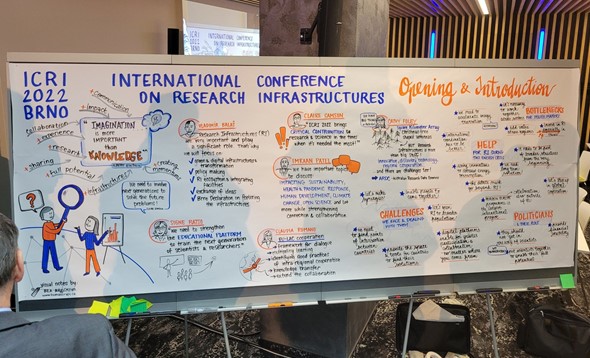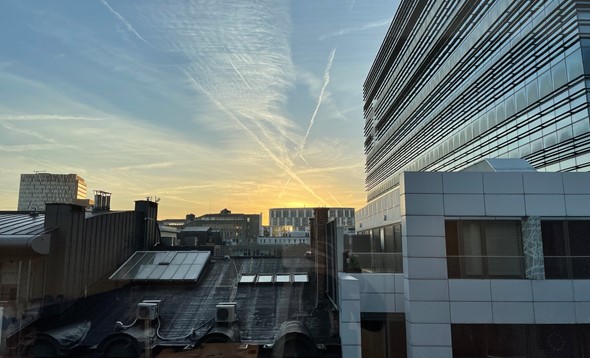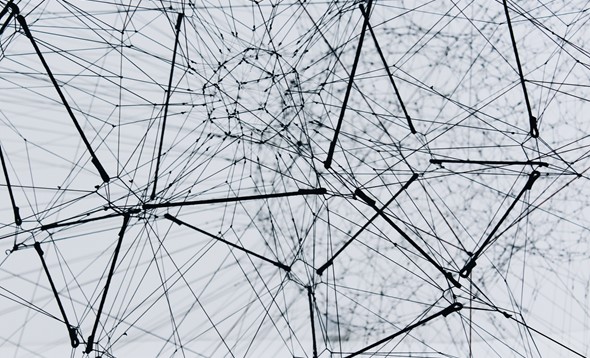‘Challenging time ahead’ for assessment reform coalition
The Coalition for Advancing Research Assessment, launched on 1 December, must maintain its initial momentum and expand its global reach, while trying to keep its hundreds of members engaged, said Karen Stroobants.





